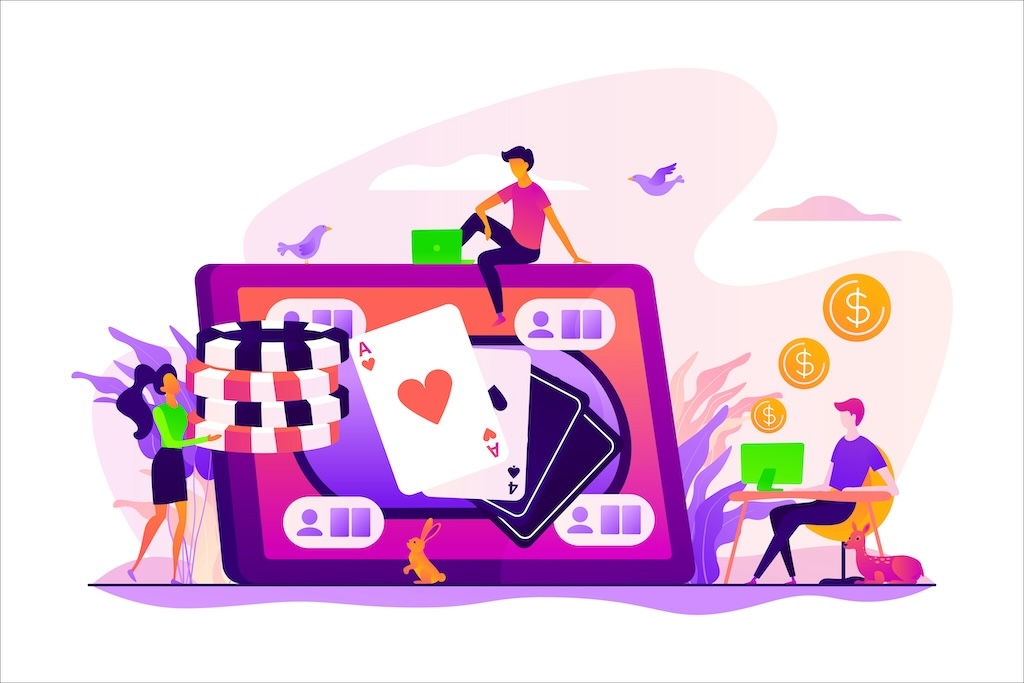Autoethnography and virtual ethnography on game addiction in adults
Chapter 1: My journey begins

Last year, I spent 372,333 yen (about 2,600 US dollars) on a particular mobile game. As I write this article in the sweltering heat of August in Japan, I have already achieved the same milestone for this year.
When people around me hear this amount, I usually get reactions like, "That's insane!" "You could buy a luxury brand bag with that money!" Some even think I am bragging about being able to spend lots of money on games. Well, yes, perhaps I should have invested all that amount in stocks or put it in an investment account for a better interest rate. But as a researcher studying mobile game culture, I am not bragging about the amount I spent. In fact, the amount is considerably less than the top spenders of the game I have met while playing. Compared to the "whales" I’ve met while playing—those heavy spenders—my spending feels small… that is, until I do the bookkeeping at the end of the year.
In this series of essays, I’m going to explore the issue of mobile game addiction in adults by providing my firsthand experience on the subject, as well as my observations and interviews with the “whales” I’ve met so far.
Mobile gaming emerged with the simple arcade games on our mobile phones. The snake game in Nokia 3310 around the early 2000s may be the very first mobile game for many of us, and it ignited the mobile game boom in the world in the following decade. As mobile games became ubiquitous, gaming disorder also became a concern. In 2018, the World Health Organization recognized “gaming disorder” as a behavioral addiction related to playing video games that causes major problems in important areas of life, such as personal, family, social, school, or work. Both in Japan and abroad, kids and adolescents are the principal target groups when this issue is raised in the media and elsewhere.
In contrast, I witnessed and experienced game addiction in my late 30s. Although there are some similarities between teens and adults regarding the addiction, such as preoccupation and displacement, my research so far shows that there are also many differences. Since there is a lot of information to examine, I decided to explain my research data by using the story-telling method. In this first article, I will start by sharing how I came to this game.
Put the cart before the horse
To give you a quick background without saying the exact name, this game is a massively multiplayer online and real-time mafia-themed strategy game with 3D character. If you live in Japan and use smartphone applications, I’m sure you’ve seen the advertisement of this game somewhere before (Unlike the game, which is quite a severe and hardcore strategy game, the ad is funny and unattractive.) Many players started this game from the point campaign of the existing apps. In Japanese, this activity is called “pointo-katsu” (“ポイント活”) or registering just for the reward. As for me, I decided to download this game app because I wanted the reward points for one of my e-book apps.
The reward for downloading the app was quite attractive:
"Download the app, play the game until you get five SS-level underboss, and receive 15,000 points (= 15,000 JPY) for buying books."
"That's a huge reward!" I exclaimed when reading the ad, and without a second thought, I pressed the app downloaded button. I have done many pointo-katsu before. The longest one I played was two months.
I reassured myself that I would also end this one in a few months or maybe shorter than that. “After all, I have no interest in the mafia. Maybe I will have to make some small payment for achieving rewards, but getting the 15,000 reward points is surely bigger," I said to myself while waiting for the surprisingly long downloading time.
At that time, I was actually playing three other games: a food RPG, an idol-rearing music game, and an otome game (a story-based game for girls). Overall, I spent around 5,000 - 10,000 yen (about 35 to70 US dollars) per month and 1 to 2 hours a day for game playing. I had already felt overwhelmed by the time and money I spent. I also had six e-book applications with monthly subscriptions.
Fast forward to today, and it has been two years since I started playing the mafia game on October 2022. To put a long story short, I ended up quitting the three other games, and stopped reading the e-book app which introduced me to this game. I did not achieve the maximum 15,000 reward points in time, but received around 5,000-7,000 points, which I have yet to use, as my free time is now consumed with playing this game.
One player told me a Japanese proverb “honmatsu tentou”(「本末転倒 」) or "put the cart before the horse" in English. This is exactly what happened to me. I registered for the book points, and I ended up receiving points to buy books but no time to read them. Many players I have met in this game also started with a similar motivation, only to end up in a similar situation.
Nevertheless, every coin has two sides. In terms of return on investment, apart from selling your account to another player (who usually receives less than 50% of what you invested), it is a sayonara paid with no return for money. However, I have learned various intangible skills from playing this game, such as leadership, management, critical thinking, and negotiation. And finally, and the most important thing, is that I can conduct research – playing this game was fieldwork!
(To be continued)
